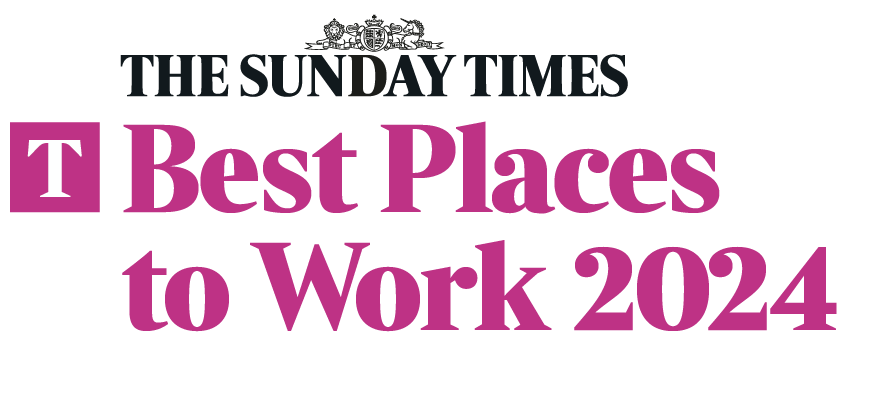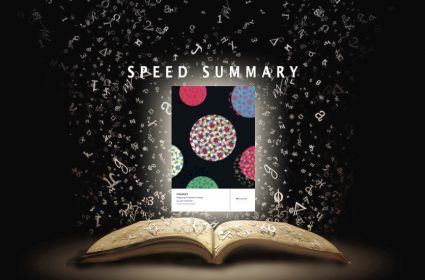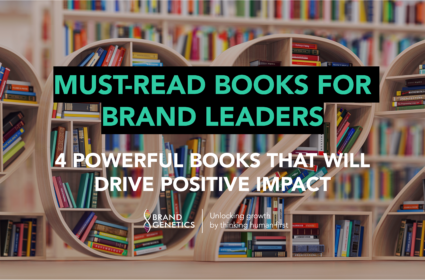Speed Summary: World Happiness Report 2021


- World Happiness Report 2021
- Author: John F. Helliwell, Richard Layard, Jeffrey D. Sachs, Jan-Emmanuel De Neve, Lara B. Aknin, and Shun Wang
- Publisher: UN Sustainable Development Solutions Network
- Publication: 2021
Humans are a remarkably resilient species.
Astonishing human resilience. That’s the central takeaway of latest 2021 edition of the UN-sponsored World Happiness Report (WHR).
Published on World Happiness Day (March 20th), the ninth annual edition of the World Happiness Report found that we were just as likely to experience and evaluate our lives positively as we were in 2019.
Specifically, the global study, based on 100,000 participants from 95 nations around the world in 2020, found that human happiness as measured by life-satisfaction and the experience of positive emotions was unchanged from 2019.
Human Resilience
Resilience, which is our ability to adapt to difficult or challenging life experiences using mental, emotional and behavioural flexibility, is a remarkable human strength. And the WHR 2021 report shows that human happiness is remarkably resilient. For researchers of happiness, or ‘subjective wellbeing’ as it is known in the trade, this may not be surprising. Big life events, and changes, whether positive or negative, are noted for their smaller than expected impact on our baseline level of happiness.
But given the size and scale of the global pandemic crisis that has infected 2% of the entire human race and resulting in a 4% jump in global deaths, along with untold illness, grief, stress, uncertainty, anxiety and loss, it seems odd that we remained just as happy in life, and happy with life.
Of course, global statistical averages hide important national, demographic and personal differences. And differences in sample and data collection methods used in 2020 and 2019 due to the pandemic may be obscuring important changes. But overall, the epidemiology of human happiness in 2020 looked remarkably similar to 2019.
Summary Findings
- In 2020, we were just as likely to be happy in life – as measured by the day-to-day experience of positive emotions and be happy with life – as measured by reflective life satisfaction.
- And as in 2019, six environmental drivers appear explain most of the variation in human happiness – health, trust, generosity, someone to count on, income and freedom. People continued to feel happier when they had health, money and someone to count on, and when they experienced trust and generosity, and had the freedom to make life-decisions.
- And as in 2019, Nordic nations are the happiest places on Earth – Finland once again – for the fourth year running – takes the number one spot, followed by Denmark, Switzerland, Iceland and the Netherlands. The UK came in at 17th (down 4 from last year), US 19th (down 1), and Brazil 39th (down 7). As with previous years, whilst Nordic countries score highest on being happy with life (life-satisfaction), this does not translate to being happy in life (experiencing positive emotions frequently, and negative emotions infrequently). For example, Finland ranks 43rd when it comes to the positive emotions that its citizens experience.
Change in Wellbeing from 2017-2019 to 2020

*Positive Affect Question = Smile, laugh a lot yesterday, and enjoy the day
*Negative Affect Question = Experience worry, sadness and anger a lot yesterday.
Country Ranking of Happiness 2018-2020

Outbreak of Negativity?
Not everything remained the same in 2020 though. Although we were just as likely to enjoy positive emotions, the WHR also picked up a significant increase in the day-to-day experience of negative emotions in 2020, such as anger, worry and sadness.
A deep dive into Asian data revealed that this emotional negativity was linked to bad news about rising case numbers. But when these improved, so did people’s mood.
The data also showed an increase in reported mental health problems during the early stages of the outbreak, particularly among those already suffering with mental health issues. For example, the number of mental health problems reported in the UK jumped by 47% in the first wave of the pandemic. Specifically, the prevalence of anxiety rose by 29% and the prevalence of depressive symptoms by 10%. Overall, the nation’s mental health initially worsened by 7.9% during the onset of the pandemic.
But as people adjusted and found new coping mechanisms, such as temporarily replacing physical connection with digital connectedness, the mental health of many improved (although one in five in the UK still experienced a drop in mental health, that averages our to a 2.2% population wide deterioration)
Nevertheless, and whilst the long-term impact of the pandemic on mental health due to recession, unrest, poverty and insufficient mental health support remain unclear, people have shown remarkable resilience in adapting to the crisis.
Two Implications for Consumer Brands
1. Bounce Back
There are perhaps two key implications from the World Happiness Report for marketers of consumer brands.
First, beware of vendors and consultants selling the idea that the pandemic has fundamentally changed consumers or their needs. The WHR adds to mounting data showing that consumers are a resilient bunch; when restrictions and threats ease, their behaviour and outlook begins to bounce back to pre-pandemic trajectories.
There will be no great reset. No ‘this changes everything, forever’. And no ‘you need to buy our services because COVID has changed your consumer’.
This is not to say that COVID has not precipitated or accelerated pre-pandemic trends that were already underway. Shifts towards a greater concern for health and wellbeing, more home-centric living, and the digitalisation of consumer life, come to mind. But here, the pandemic has acted as a trend-accelerant, not a change agent. Bottom line; don’t throw the pre-pandemic marketing strategy ‘baby’ out with the COVID ‘bathwater’.
2. Trust Matters
Second, double-down on building trust. The World Happiness Report offers compelling evidence that trust is a core driver of human happiness, and marketing effectiveness. Trust is the belief that promises will be kept and the vulnerabilities will not be exploited, and levels of trust explain much of the variation in human happiness throughout the pandemic.
To gauge trust levels around the world, the researchers asked people about levels of perceived corruption in business and public life. They also asked people whether they would trust a neighbour, stranger or policeman to return a lost wallet to its owner.
It turns out that how people answer this question is more important to happiness than money, employment, or major health problems. The more you can trust the people and organisations around you, that is, you believe they are competent and that they care for you, the happier you are. You are also more likely to follow their ‘marketing’ requests, such as wearing masks and social distancing. The result is that levels of trust also explain large international differences in COVID-19 death rates. For example, over a third of the difference in death rates between Singapore and Brazil can be explained by differences in trust. What all this means for consumer brands is that trust is key to effective marketing.
The BG Take
Every year, the World Happiness Report provides rich insight into what makes humans happy and their lives worth living. We enjoyed the reminder that health, trust, generosity, having someone to count on, income and freedom are the core drivers of human happiness.
And if a human-first approach to marketing means anything, it means creating and communicating value around these six areas of human life.
We also appreciated the data on human resilience; humans have proven resilient to past crises and pandemics and are showing their resilience once again; we have 200,000+ years of evolved human nature to rely on. Human nature, including ingenuity, adaptability and creativity, will eat coronavirus for breakfast – even if it’s a long breakfast.
This year’s focus on trust reveals an opportunity for marketing. Marketing appeals, whether it’s to wear a mask or to buy widgets, will work better when people trust the source of the message. Yet trust, the belief that another is competent and caring, is in short supply in marketing. Marketers are notoriously one of the least trusted professions, marketing practices are widely held to be corrupt (ad fraud) and marketing materials are one of the least trusted types of content.
If the World Happiness Report has anything to teach marketing, it’s that we need to repair the trust deficit in marketing, demonstrating clear competence and care for consumer wellbeing.




